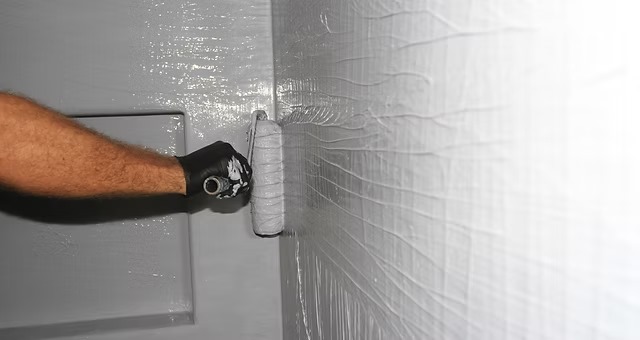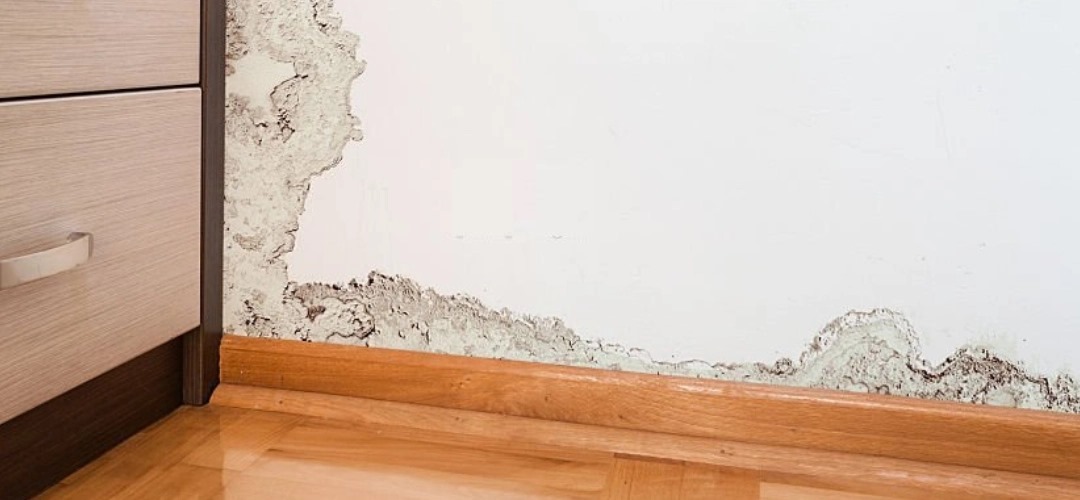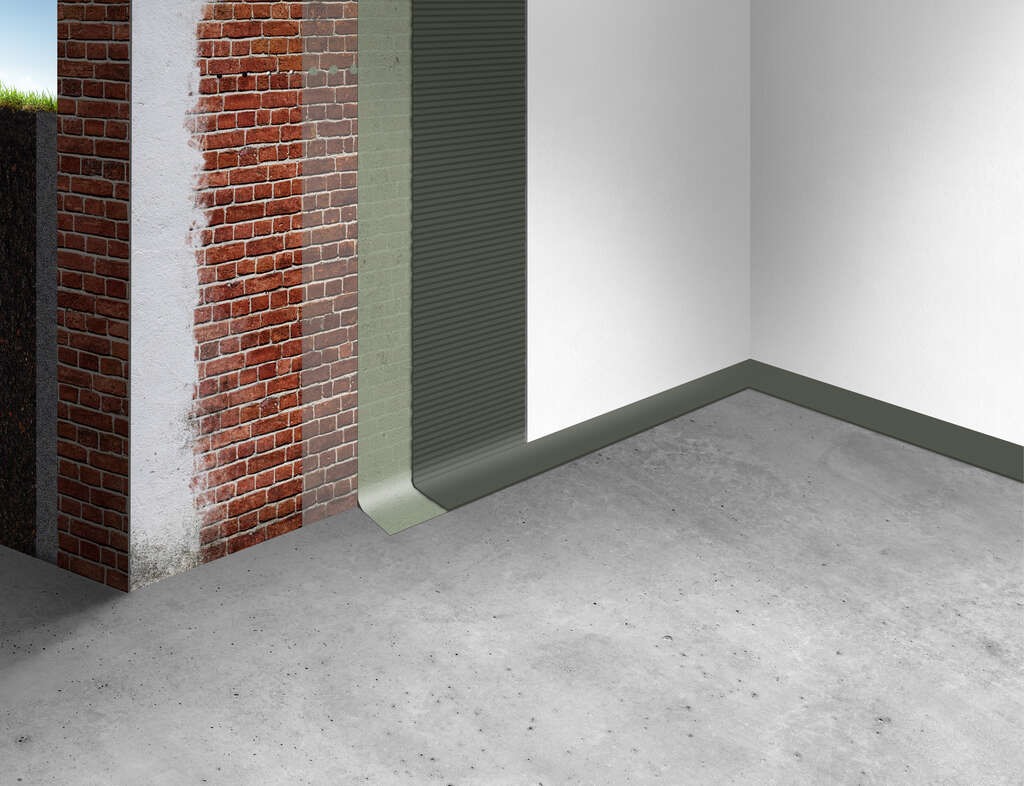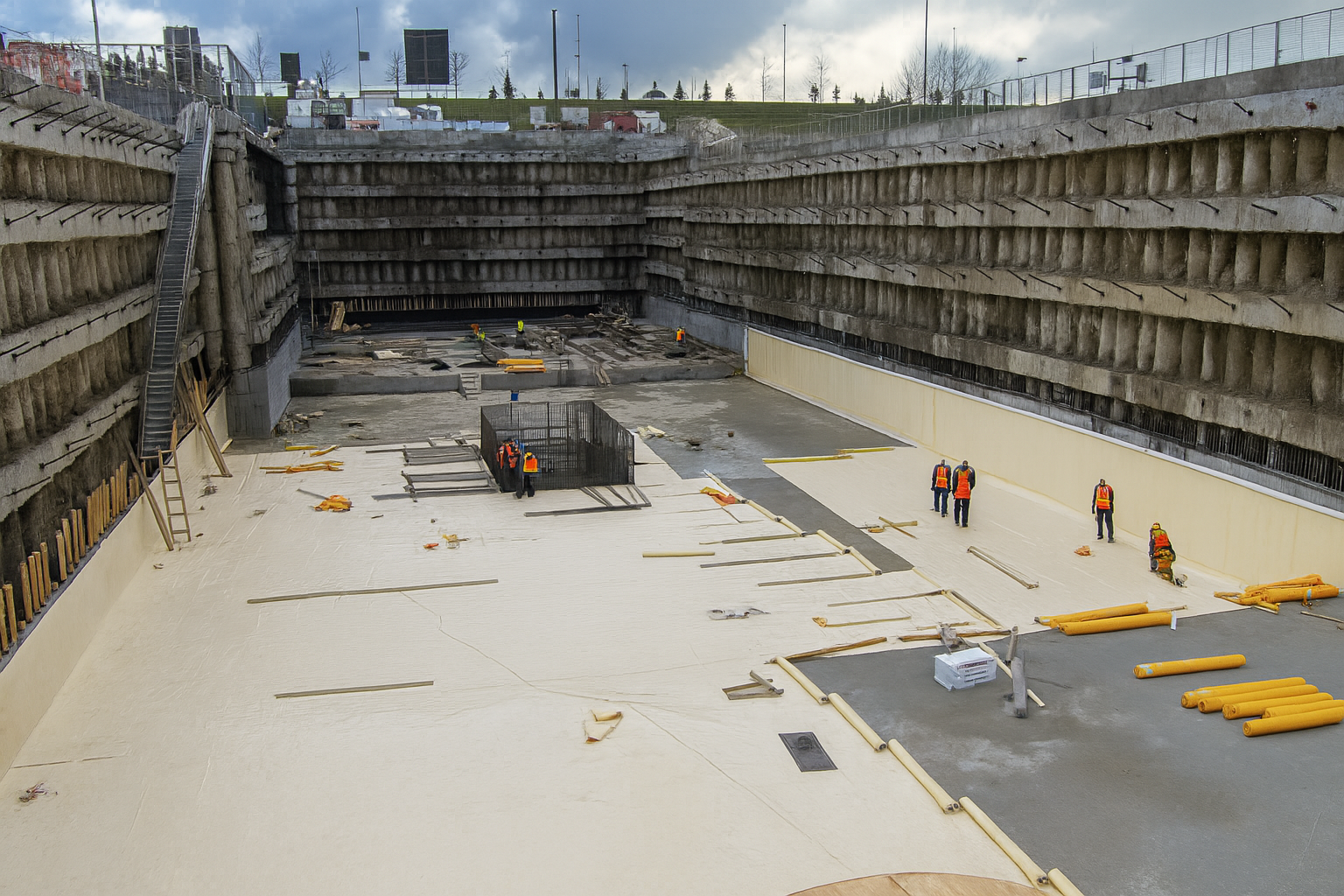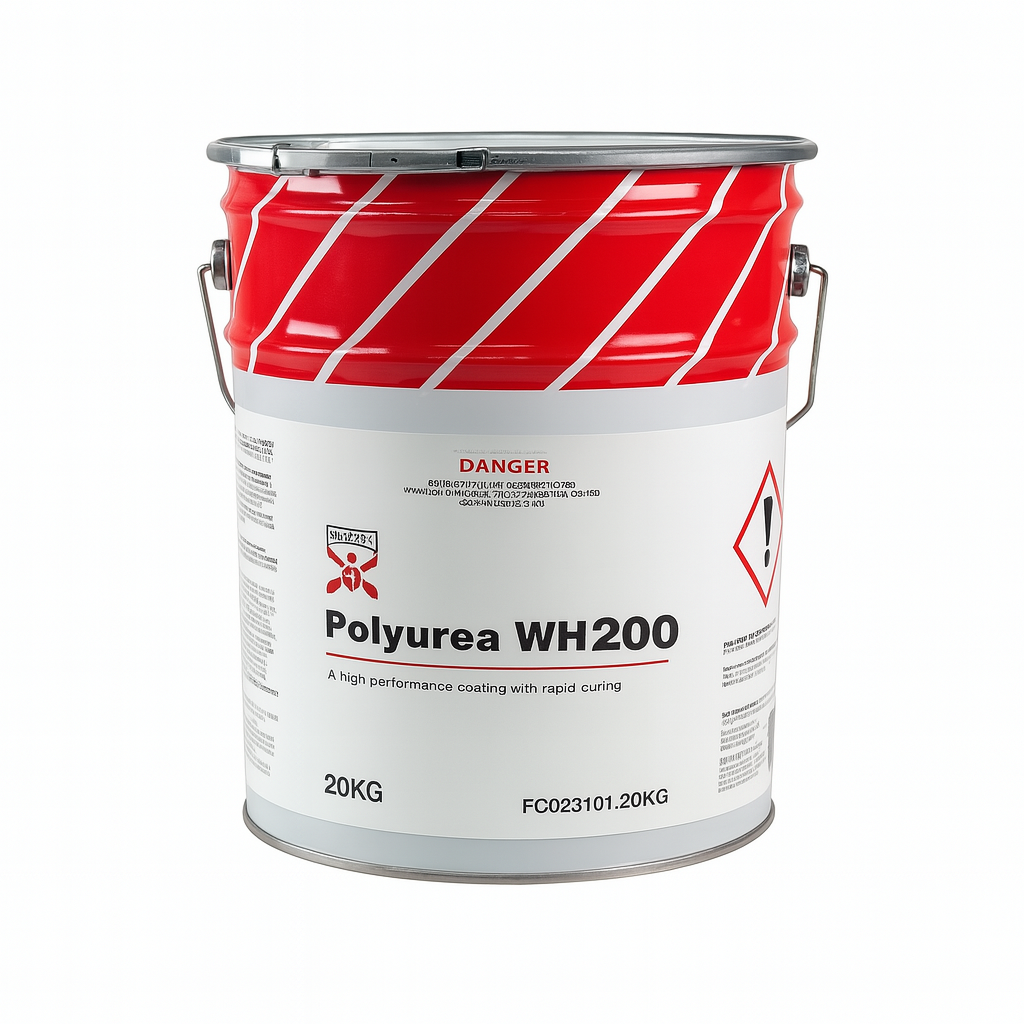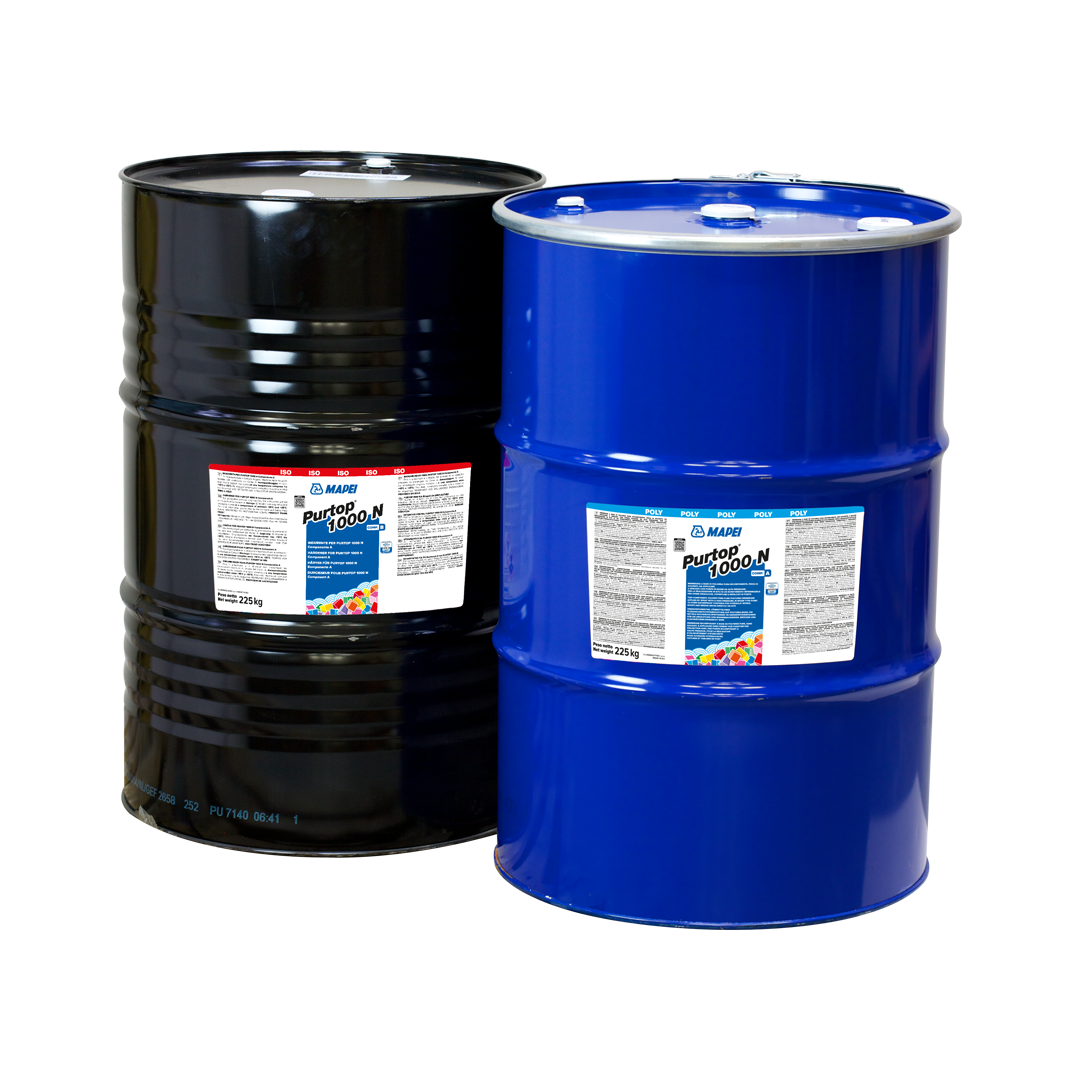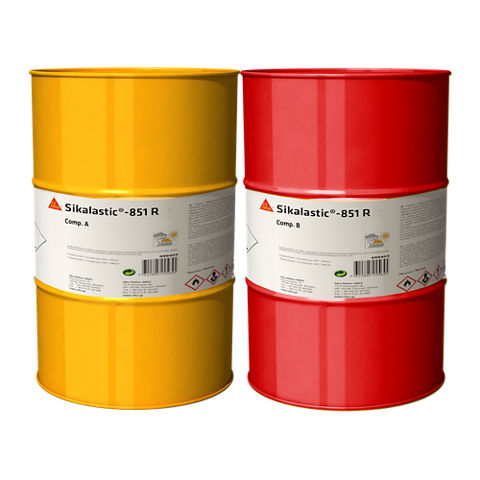Q1: Why is waterproofing critical in industrial and infrastructure projects?
A: Waterproofing is critical in industrial and infrastructure projects because it protects structural components from water ingress, which can cause corrosion, concrete deterioration, and reduced load-bearing capacity. It ensures long-term durability, safety, and performance of buildings, bridges, tunnels, and basements by preventing leaks, cracks, and mold formation. Effective waterproofing also minimizes maintenance costs and downtime, making it essential for sustaining asset value and operational efficiency in harsh environments.
Q2: What are the biggest waterproofing challenges in large infrastructure projects?
A: The biggest waterproofing challenges in large infrastructure projects include:
- Handling movement and expansion joints that undergo frequent structural shifts
- Waterproofing below-ground structures exposed to high hydrostatic pressure
- Managing large surface areas with varying substrates like concrete, metal, or brick
- Resisting exposure to chemicals, oils, or effluents in industrial environments
- Ensuring long-term durability under thermal fluctuations, mechanical load, and seismic activity
Q3: Which waterproofing systems are ideal for infrastructure and industrial applications?
A: Ideal waterproofing systems for infrastructure and industrial applications include:
- PVC, HDPE, or TPO membranes for tunnels, bridges, basements, and podiums due to high flexibility and durability
- Crystalline waterproofing for foundations, tanks, and reservoirs, offering integral protection through self-sealing capabilities
- PU and polyurea coatings for areas exposed to chemicals or heavy abrasion, ensuring robust, seamless protection
- Injection grouting for sealing active leaks and repairing cracks or construction joints in concrete
- Spray-applied membranes for fast, uniform coverage over large-scale or complex curved surfaces
Q4: How does industrial waterproofing differ from residential waterproofing?
A: Industrial waterproofing differs from residential waterproofing in terms of performance demands, material specifications, and risk exposure. Industrial systems are required to resist extreme loads, exposure to aggressive substances like oils, moisture, and chemicals. Residential waterproofing focuses more on comfort, aesthetics, and budget limitations. Industrial systems must adhere to strict technical standards and quality assurance, whereas systems are generally less stringent in residential applications.

